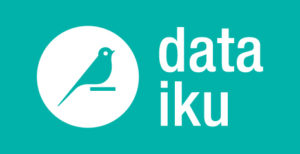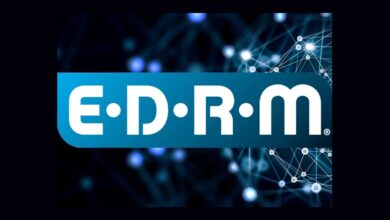Future AI Workforce – Are You A Consumer Or Creator?

A blank canvas
My first article on AI Literacy as a core requirement for the future workforce was in 2021, long before AI Literacy became the buzzword that it is today. The AIs of that time seem almost quaint compared to what we have today, and we are still only at the beginning of the AI transformation. AI will impact the future of work, and it is equally unclear exactly how. In the future workplace, will you be a consumer of AI tools or a creator of AI-powered solutions?
What is the difference between the consumer and the creator?
In my definition, a consumer uses available tools to do their (existing) jobs better. A small example could be using ChatGPT to write better emails, where the consumer becomes more productive and efficient by leveraging state-of-the-art AI. The required skills include the ability to use the tools to the best effect and an understanding of the biases, privacy, and other risks therein. This user is a consumer because they do not cause the development of better tools (beyond providing feedback) and have minimal if any input on the decisions made by the tool manufacturer. Note – this user may have sent the optimized emails in the service of creating something, but the task they performed using the tools is something they would have done anyway – just now faster and more efficiently because of the tool.
A creator, on the other hand, is someone who leverages AI to develop new approaches in the field for which they are a domain expert. For example – a creator can be a teacher who devises a new way to teach using AI-generated personalized content, or a lawyer who establishes new protocols in their office using AI-powered research, or a building architect who uses AI to select optimal designs. The difference is that AI is being used here not to make an existing process faster, but to solve an existing problem (or a new problem) in fundamentally new ways.
Why is this distinction important?
I would argue we are heading into a time where the lack of AI-consumer skills will make day-to-day life difficult, while the lack of AI-creator skills will make it difficult to be competitive in the workplace. Take, as an example, Google search. If someone today does not know how to use Google, that person would be hard-pressed to function in day-to-day tasks. That said, knowing how to use Google is not a sufficient skill for most jobs. It is an expectation so basic that interviewers will not even ask for it. They will simply assume you have it. Taken this way – one can expect that future workplaces will not be satisfied with consumer skills. They will expect domain-specific creator skills.
But doesn’t Generative AI create? Isn’t that the point of being generative?
Yes and no. Generative AI is very powerful partly because it does create. However, knowing what to create is still a big part of the battle. Knowing what to create is also not prompt engineering. Prompt engineering is knowing how to ask the AI to create what you want, after you have decided what it is that you want. Having AIs capable of creating on-demand does not lessen the role of human creativity, it simply augments and accelerates it.
So, what does it all mean? I have to learn to build AIs?
Not necessarily. There are now AIs so powerful that you do not always need to build new AIs yourself. You can ask the AI to create something specific for you, whether it is a strategy, code, or even another AI. What this means is that you, the creator, needs to understand enough of your domain to appreciate what the AI technology can do for you, and then apply creativity to envision new processes, new approaches, etc. that leverage your intelligence and AI, working together. Sometimes, it may also involve creating new AIs from scratch, particularly if you want to innovate fast and go further. Deciding where you fit in the build vs. buy spectrum is also a skill that a creator needs to have. A creator will understand whether the current tools can help them build what they envision, or whether they need to combine tools or create new tools.
So, how can I become a creator?
AI literacy requires understanding AI concepts (how AIs work), context (how are these technologies used in devices and solutions around us), capability (building solutions), and creativity (imagining solutions that do not exist today). Being a creator requires learning all of these, and particularly using your imagination and your domain expertise to find new ways to solve problems, or add new value, using the technology. Do not be satisfied with doing existing tasks better. Recognize that you are an expert in your domain, and think of new solutions. That is the key.



